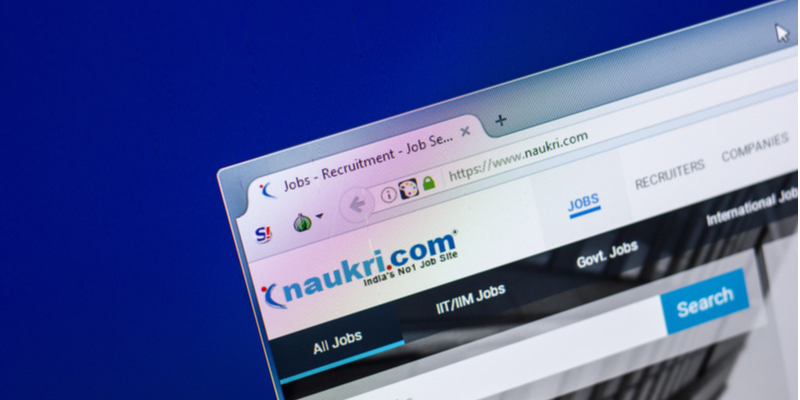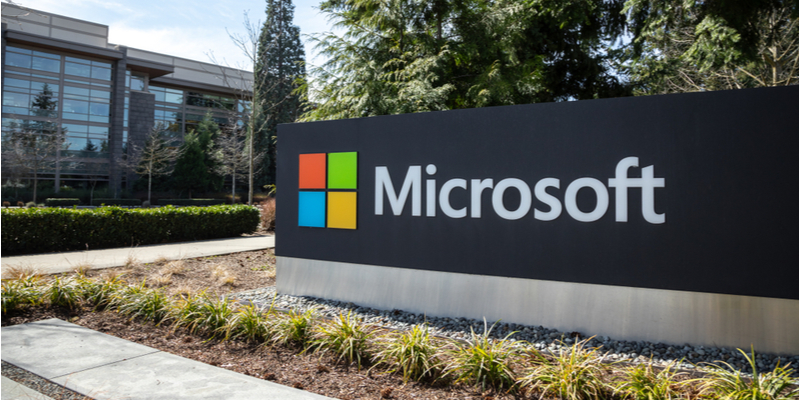Unconscious bias in the workplace and the need to address it
In today’s rapidly evolving workplaces, addressing unconscious bias is not only a moral imperative but also a strategic necessity for fostering growth and prosperity for everyone involved.
Unconscious biases manifest across various facets of the workplace. They frequently surface in the language used in job descriptions and the selection process during interviews. They can lead to prejudicial treatment of employees, resulting in overlooked promotions for deserving individuals while favouring unfit candidates who align with the manager's subjective preferences.
Additionally, workplace cultures influenced by conformity bias may foster environments wherein certain individuals are subjected to bullying based on their gender or race, ultimately leading them to resign.
In India especially, unconscious biases may stem from deeply ingrained societal norms influenced by factors such as gender, caste, religion, and regional identity. Historical inequalities and systemic discrimination exacerbate these biases. Furthermore, the diverse linguistic and cultural landscape of India may lead to biases based on language or ethnicity.
In today’s rapidly evolving workplaces, addressing unconscious bias is not only a moral imperative but also a strategic necessity for fostering growth and prosperity for everyone involved.
Understanding unconscious bias
Unconscious bias in the workplace refers to hidden attitudes and stereotypes that affect our actions without our realisation. It’s like having thoughts we don’t know we have. These biases shape how we see others and make decisions without our awareness. Even though we might not mean to, they can cause harm to different groups.
Ingrained in societal norms and cultural practices, these biases often pose a significant barrier to achieving equality and inclusion at the workplace. Despite progress in diversity initiatives, biases still persist, hindering individuals’ opportunities for advancement and stifling organisational innovation.
As per a 2019 State of Inclusion Survey by Deloitte, 39% of people said they experience bias frequently—at least once a month. Additionally, 83% categorised the bias(es) they have experienced and/or witnessed in the workplace as subtle and indirect or microaggressions.
Biases exist in various forms, encompassing familiar ones like affinity bias—where individuals gravitate toward those sharing similar viewpoints—and lesser-known ones such as the halo and horn effect.
Gender bias
Gender bias manifests when stereotypes are unintentionally associated with an individual's gender. These biases often stem from societal norms and can result in unequal treatment, favoring men over women in various roles.
Ageism
Ageism involves discriminating against individuals based on their age, with older individuals typically bearing the brunt of such bias. Studies indicate that ageism is prevalent in recruitment and job retention processes, particularly affecting individuals aged 45 and above.
Name bias
During hiring processes, name bias emerges, wherein discriminatory assumptions are made based on applicants’ names that may identify their race, caste, gender, etc.
Beauty bias
Beauty bias centres on appearance and can influence hiring decisions and cause favouritism. Managers may exhibit this bias by favouring candidates they perceive as more attractive based on personal preferences.
Why is it important to address unconscious bias?
Unconscious bias impacts us all, whether we know it or not. Addressing this bias is crucial due to its potential to impede creativity, innovation, and teamwork within a workplace setting.
By acknowledging and tackling unconscious bias, organisations can cultivate a fairer and more inclusive environment. This fosters workplace diversity, enabling individuals with diverse perspectives to contribute their voices and insights, thereby facilitating task completion and fostering company growth.
Besides this, promoting inclusivity enhances team dynamics by broadening the pool of ideas available for consideration. Eliminating biases also enhances decision-making processes, as it allows for the consideration of a wider range of viewpoints and ideas without being hindered by internal stereotypes.
As per a 2019 State of Inclusion Survey by Deloitte, 68% of people said that witnessing or experiencing bias had a negative impact on their productivity.

By acknowledging and tackling unconscious bias, organisations can cultivate a fairer and more inclusive environment. This fosters workplace diversity, enabling individuals with diverse perspectives to contribute their voices and insights, thereby facilitating task completion and fostering company growth.
To truly unlock growth for everyone, it is important for organisations to first acknowledge the pervasive nature of unconscious bias and its detrimental impact on workplace dynamics. Research indicates that individuals are often unaware of their biases, making them particularly challenging to address. However, by implementing targeted training programmes and fostering a culture of awareness and accountability, organisations can begin to dismantle these barriers to equality.
Statistics paint a sobering picture of the prevalence of unconscious bias in the workplace. According to professional network LinkedIn’s Opportunity Index 2021 report, around 85% of women in India have missed out on raises and promotions because of their gender.
Addressing unconscious bias requires a multifaceted approach that encompasses recruitment, promotion, and decision-making processes. Implementing blind recruitment practices, where personal information such as name, gender, and ethnicity is withheld from hiring managers, can help mitigate biases and promote merit-based selection. Additionally, establishing diverse hiring panels and mentorship programmes can provide opportunities for underrepresented groups to thrive within organisations.
Beyond recruitment, fostering an inclusive workplace culture is essential for retaining diverse talent and driving organisational success. Creating environments where individuals feel valued, respected, and empowered to contribute their unique perspectives can help tackle unconscious bias.
Diversity training workshops, unconscious bias awareness campaigns, and employee resource groups can facilitate meaningful dialogue and promote understanding across diverse teams.
Unconscious bias is a pervasive issue in the workplace and can have serious consequences for both employers and job seekers. Statistics show that hiring decisions are often made within minutes of an initial interview, with women being 45% more likely to be excluded from STEM jobs due to bias during the process, according to market research platform Gitnux.
By confronting biases head-on, organisations can create safe spaces that foster inclusivity, equality, understanding and empathy at large.
The author is the founder of Embrace Consultancy.
Edited by Swetha Kannan
(Disclaimer: The views and opinions expressed in this article are those of the author and do not necessarily reflect the views of YourStory.)












